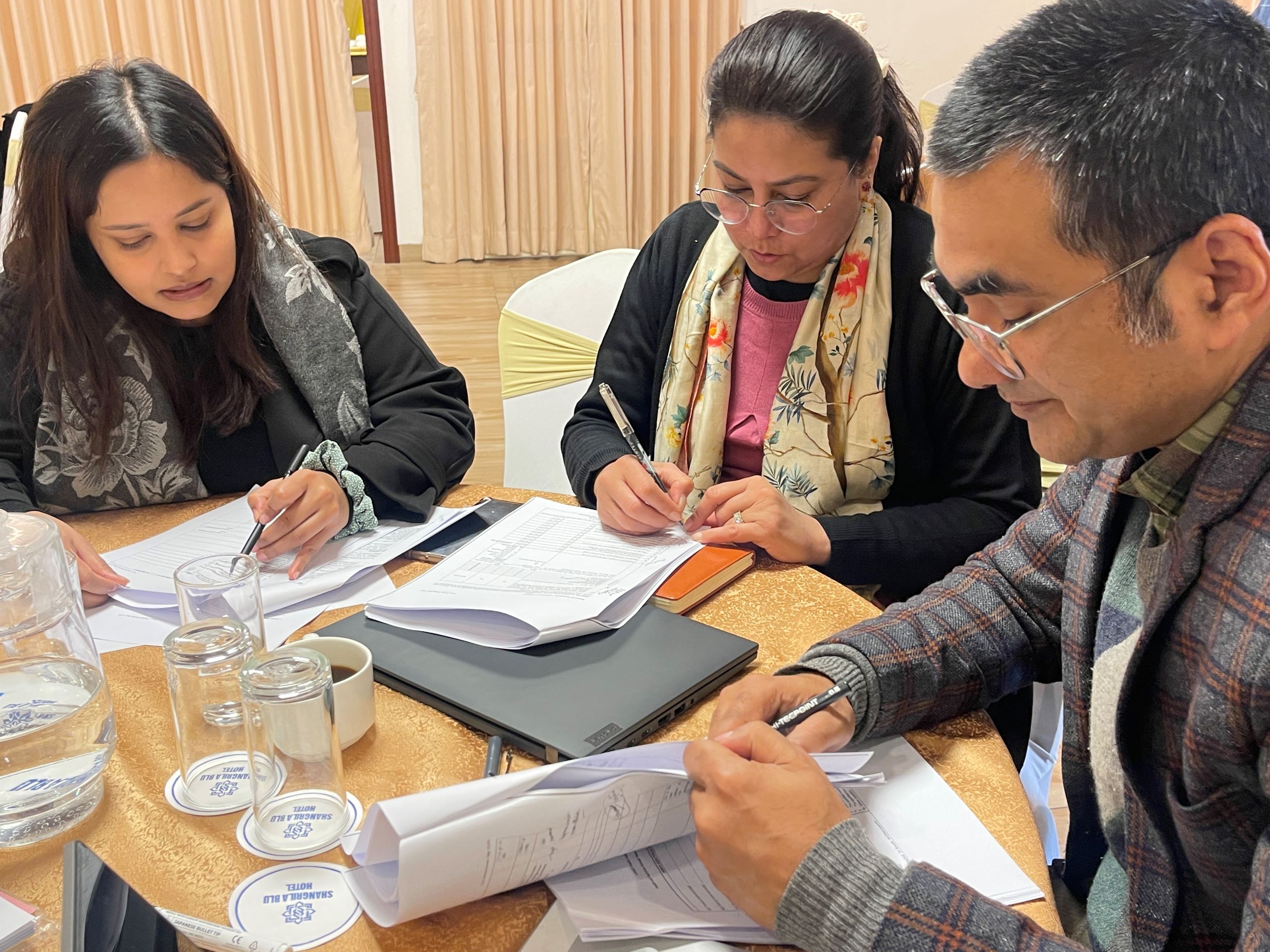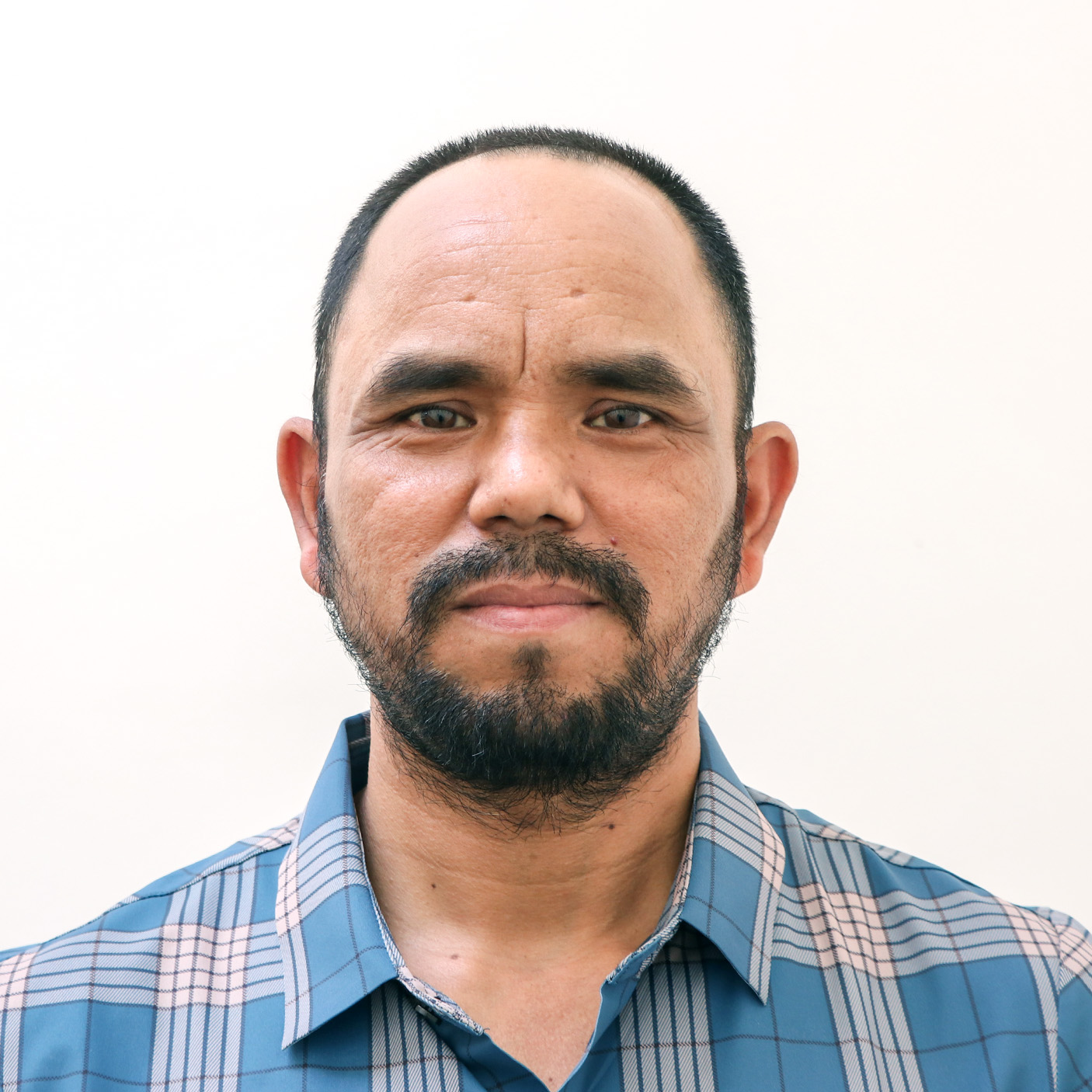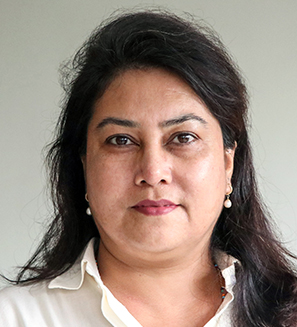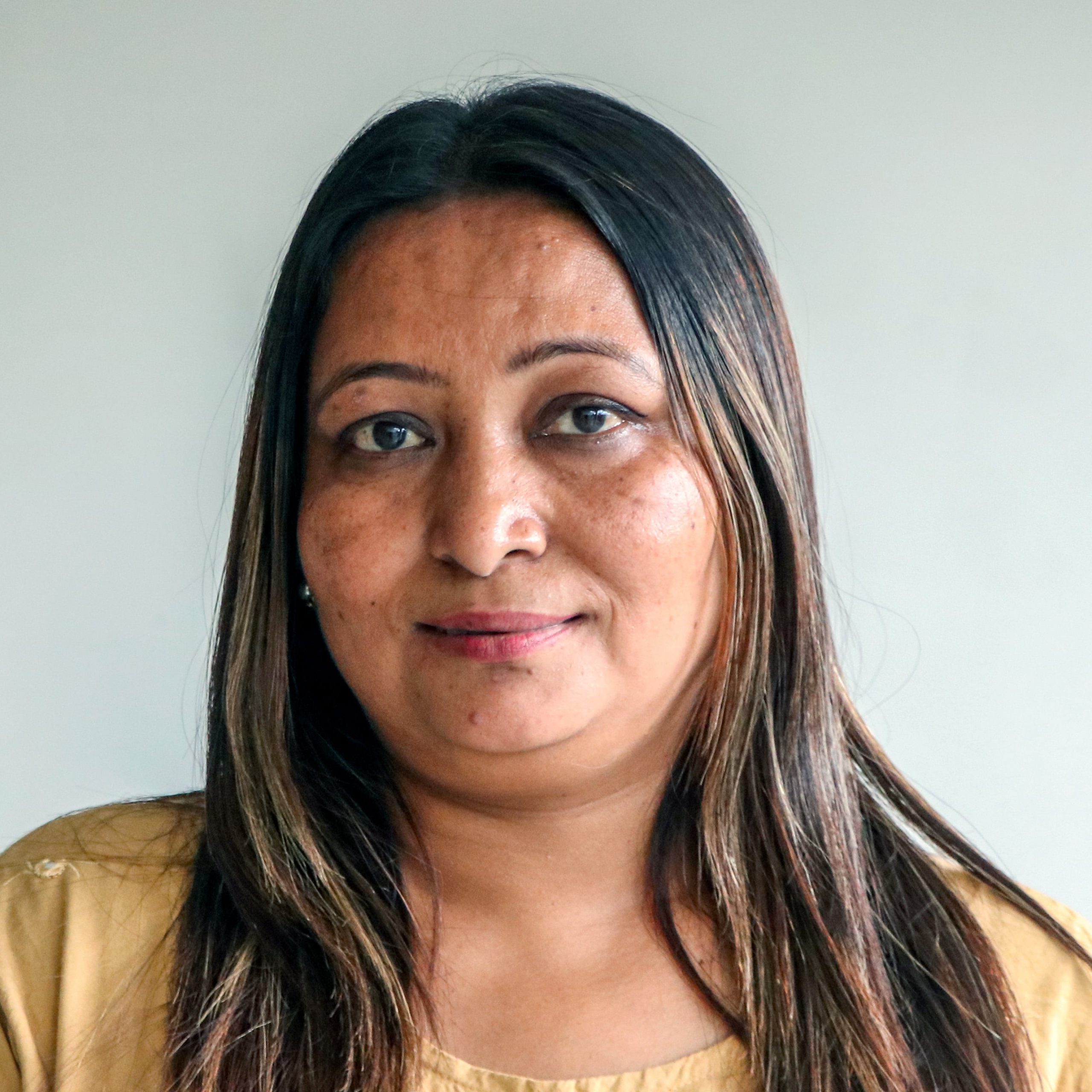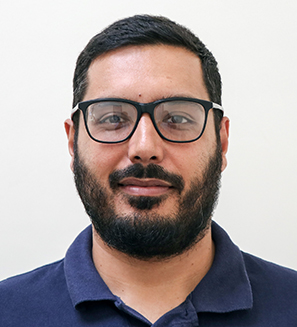Introduction
USAID/Nepal awarded the five-year (2024 – 2029) USAID Health Learning to HERD International in August 2024. HERD International is committed to successfully delivering USAID Health Learning to assist USAID/Nepal’s Health Office and its implementing partners to adopt uniform and systematic monitoring, evaluation, research, and learning (MERL) activities to advance broader organizational learning and development efforts. HERD International will meet these goals by achieving three interlinked objectives:
- Program monitoring and assessments: Strengthen program management and decision-making processes of USAID/Nepal’s Health Office and its implementing partners by providing high-quality, disaggregated data collected from surveys, research, and assessments.
- Knowledge management: Improve learning and knowledge management functions of USAID/Nepal’s Health Office, its implementing partners, and federal, provincial, and local governments by increasing the availability of timely, high-quality evidence.
- Capacity building: Strengthen MERL capacity of USAID/Nepal Health Office implementing partners, and federal, provincial, and local governments.
Co-creation
Activity design for USAID Health Learning is based on a co-creation model. In consultation with USAID/Nepal Health Office, selected implementing partners, and other relevant stakeholders, HERD International participated in a series of co-creation meetings to develop appropriate activities and sub-activities too meet all the stated objectives of USAID Health Learning. Co-creation ensures that these objectives, or components, are aligned with the priorities of USAID/Nepal Health Office, and meet the needs of implementing partners and stakeholders at all three tiers of government.
Gender Equality and Social Inclusion (GESI) and Diversity Equity Inclusion and Access (DEIA)
USAID Health Learning aims to ensure that all planned activities seek to reduce gender and social inclusion gaps and assist marginalized and vulnerable groups to engage with and benefit from USAID/Nepal Health Office interventions. USAID Health Learning has developed a GESI/DEIA marker checklist to ensure that all of our assessments, research, surveys, studies, or training are conducted with principles of equity and inclusivity in mind. We will provide a platform for learning and development irrespective of sex, sexual orientation, gender identity, disability, and will use any and all available platforms, meetings, workshops, training, and other events to highlight GESI/DEIA principles and concepts.
Component 1: Program monitoring and assessments
USAID Health Learning will support in enhancing program management and decision-making by providing high-quality, disaggregated data. Five key survey and assessment activities are planned under this component:
- Health and Nutrition Annual Household Surveys
- Health Facility Rapid Assessments
- Health Facility Client Satisfaction Surveys
- Health Systems Capacity Assessments of subnational governments
- Special studies and assessments
In Year One (FY 2024/25), USAID Health Learning will complete the first round of the Health and Nutrition Annual Household Survey and the Health Facility Client Satisfaction Survey, which will be conducted annually. The Health Facility Rapid Assessments and Health Systems Capacity Assessments are scheduled FY 2025/26, as are the special studies and assessments in the technical areas of maternal and child health, family planning, nutrition, sanitation and hygiene, infectious disease, physical rehabilitation, and health system strengthening.
Component 2: Knowledge management
This component aims to provide timely and high-quality evidence to support improvements in learning and knowledge management functions across USAID/Nepal’s health ecosystem. USAID Health Learning plans four key activities under this component:
- Further and deep-dive analysis
- Collaborating, Learning, and Adapting (CLA)
- Planning and review of USAID Health Direct Financing Project
- Secondary analysis of national level surveys
USAID Health Learning will conduct further and deep-dive analysis on three priority topics from the surveys and assessments conducted in Component 1. The learnings from these analyses will be shared and institutionalized through CLA exercises during review and co-creation meetings, as well as joint field visits with government stakeholders. USAID Health Learning will also support annual review and other events activities related to USAID Health Direct Financing Project in Karnali Province, and conduct secondary analysis of previously-conducted national level surveys to extract relevant information for USAID/Nepal Health Office and its implementing partners.
Component 3: Capacity building
The primary objective of this component is to support strengthening MERL capacity of local health partners and governments. Key interventions include providing MERL exposure and training to youths from remote areas and marginalized population groups, and promoting health research ethics among health IPs. Capacity-building events will be implemented with tailored content and approaches suited to local contexts. Four different sub-activities are planned under this component:
- MERL need assessment and capacity building
- Health research ethics
- Data analysis and use
- Internship program
USAID Health Learning will support MERL capacity strengthening by incorporating expert-led training for implementing partners and government counterparts. These training programs will incorporate standardized training modules designed in co-creation, and USAID Health Learning will aso schedule follow-ups with participants to reinforce their new skills. This component also includes five annual workshops on health research ethics, as well as data analysis and utilization training to promote evidence-based planning, monitoring, and decision-making at the local level. Finally, USAID Health Learning will recruit at least two interns from marginalized populations in in Karnali, Lumbini, Madhesh, and Sudhurpaschim Provinces to provide crucial working exposure and build their MERL capacities.
Associated Team Members
Madhav Chaulagain
Chief of Party, USAID Health LearningMr. Madhav Chaulagain brings more than 20 years of professional experience in the field of strategic information, project monitoring and evaluation, surveillance and research, project design and implementation, governance, learning documentation, and knowledge sharing. He has an excellent track record in collaborating with government, donors, local organizations, and development partners in Health in Nepal. He is skilled in developing monitoring and evaluation plans and frameworks, mapping, research design and statistical analysis, database development and data visualization. He has contributed to [...]
Learn moreBishnu Prasad Dulal
Lead- Information System and Population ServiceAppointed as the lead of MEL and Data Analytics Department Mr. Bishnu Prasad Dulal is an experienced Health Information System expert, Data Analysis and Research Design specialist with 18 years of experience. With a master’s degree in Population Studies from Tribhuvan University, Mr. Dulal brings knowledge and skills to the field of health information systems and research. His expertise lies in the areas of health information system strengthening, public health research, monitoring and evaluation, proposal writing, data management and analysis, [...]
Learn moreNetra Kunwar
Deputy Chief of Party, USAID Health LearningMr. Netra Kunwar is an accomplished professional with more than 14 years of experience in the development and private sector, including more than six years in a management capacity. He holds an M.Phil. in Management and a Master’s Degree in Business Studies, specializing in finance. Throughout his career, Mr. Kunwar has consistently demonstrated his leadership in overseeing operations at regional and national levels. His professional expertise also includes administration, finance, human resource management, budgeting, procurement, logistics, property management, compliance, and [...]
Learn moreSampurna Kakchapati
Research Manager: Survey, Evaluation and ImpactDr. Sampurna Kakchapati is an experienced public health professional and researcher with a PhD in Research Methodology. He brings over 15 years of extensive expertise in data science, statistics, quantitative research, and monitoring and evaluation. Recognized as a leading expert in the field, Dr. Kakchapati has demonstrated his proficiency by successfully conducting and overseeing various national and international research projects and surveys. Dr. Kakchapati holds proficiency in data analysis using statistical packages such as R program and SPSS. His professional [...]
Learn moreShodashi Rayamajhi
GESI/DEIA SpecialistShodashi Rayamajhi is a professional with over 14 years of experience in the development and humanitarian sectors. She is pursuing an MPhil in Gender Studies and holds a master’s degree in Gender Studies, along with Post Graduate Diplomas in Women Studies and Psychological Counselling. Rayamajhi specializes in supporting marginalized and vulnerable groups, including women and children affected by domestic violence and trafficking. In Myanmar, she worked with VSO and the Women’s League of Burma (WLB), gaining insights into violence against [...]
Learn moreAsmita Bishwakarma
Grants and Compliance Manager, USAID Health LearningAsmita Bishwakarma
Grants and Compliance Manager, USAID Health LearningMs. Asmita Bishwakarma has more than 13 years of professional experience in financial management with national and international organizations in Nepal. She holds a Master’s Degree in Business Studies, specializing in finance and management. Throughout her career, Ms. Bishwakarma has perfomed many diverse roles in management, administration, and human resources, as well as public financial management and procurement. She has also handled Value Added Tax (VAT) refunds for bilateral donors, allowing her to gain a clear understanding of tax codes [...]
Learn moreDogendra Tumsa
Data AnalystMr. Dogendra Tumsa completed his master’s degree in Statistics from the Central Department of Statistics at Tribhuvan University. He has previously worked as a field supervisor, data entry operator, and enumerator on various projects, including those for the Nepal Academy of Science and Technology, the Ministry of Forest and Soil Conservation, and CARE Nepal. He worked as a Senior Statistician at Social Science Baha for more than seven years, where he was responsible for survey design, data cleaning, analysis, visualization, [...]
Learn moreSaurav Nepal
Communications and Outreach OfficerMr. Saurav Nepal has more than five years of experience in the field of communications for development in the agriculture and public health sectors, which includes close collaboration with researchers, implementers, and stakeholders at government and community levels. Prior to joining HERD International, he was engaged with USAID’s Strengthening Systems for Better Health Activity, where he led the communications and documentation efforts of detailed reports, technical briefs, case studies, and success stories that highlighted government and development partner efforts to [...]
Learn moreGhanshyam Gautam
Lead - Health Economics, Systems and Social ProtectionGhanshyam Gautam
Lead - Health Economics, Systems and Social ProtectionAppointed as the lead of Strategy, Partnership and Business Department Dr. Ghanshyam Gautam is a Health Economist possessing more than 20 years of experience in health policy and systems reform, social protection, evidence-based planning and capacity development. His key areas of expertise include policy and strategic reform, health systems strengthening, health financing and universal health coverage, social protection, system and policy research. He currently holds the position of Lead- Health Economics, Systems and Social Protection at HERD International and has [...]
Learn moreSushil Chandra Baral
Managing DirectorDr. Sushil Chandra Baral is an experienced health and development expert with over 25 years of experience in research and development. Specializing in health systems, health policy, and planning at both national and international levels, Dr. Baral has played a pivotal role in communicable disease control, specifically Tuberculosis. He serves as a Managing Director at HERD International. In the past, he worked as a Strategic Advisor for the Nepal Health Sector Support Programme demonstrating expertise in program-based operational research and [...]
Learn moreProject Location
Similar Projects
Background The project was conducted in coordination with Save the Children, American Red Cross and NSET. The project was conducted to ...
Innovation Fund is the scheme provisioned by CHORUS Research Project Consortium. The fund is targeted to early and mid-career ...
Introduction The Pandemic Preparedness Toolkit (PPT) is a five-year project (2023 – 2028), funded by Wellcome, which aims to ...
Background Menstrual hygiene management (MNH) challenges faced by girls in low-income countries are receiving increasing attention as ...
Background In line with the constitution of Nepal (2007) which enshrined health as the basic right of citizens, the Government of ...
INSPIRE2CARE PROGRAM – A comprehensive study of household, health facility and disability assessment
Background Good health and wellbeing is one of the key component for sustainable development. Due to concerted efforts from government ...
Background HERD International undertook this study to assess the interventions of Karuna Foundation Nepal which focused on Education, ...
Shifting tasks to mid-level health workers has been recommended as an effective strategy to provide care in rural and remote areas ...
Background The WHO Violence and Injury Prevention Programme and the Global Alliance for Clean Cookstoves funded this pilot field test ...
Background The growing numbers of urban poor around the world face several health challenges including the double burden of ...
